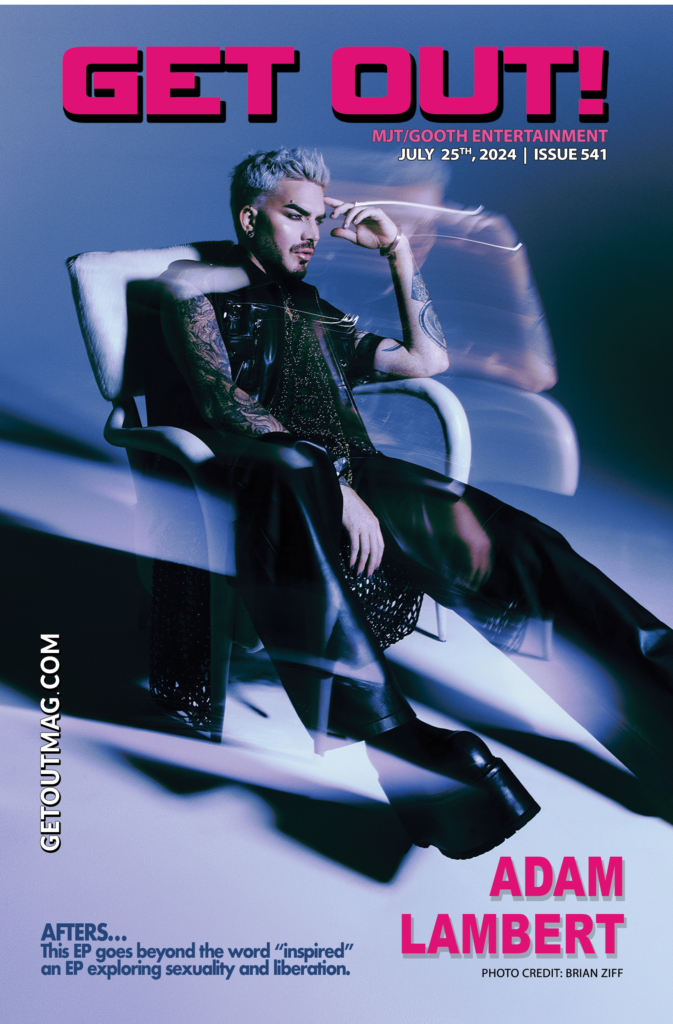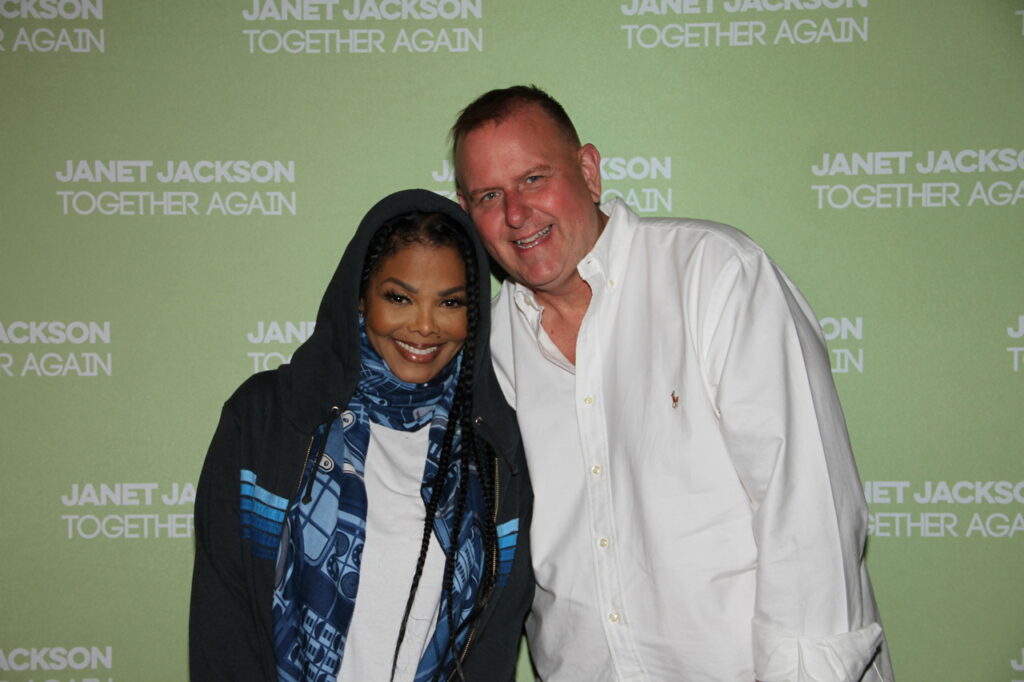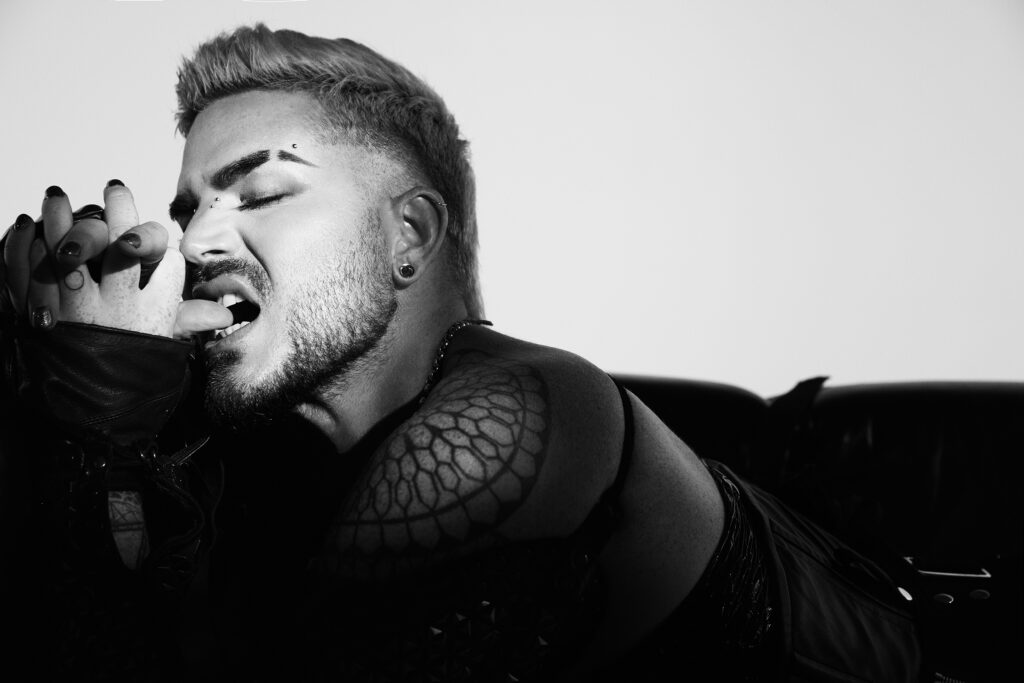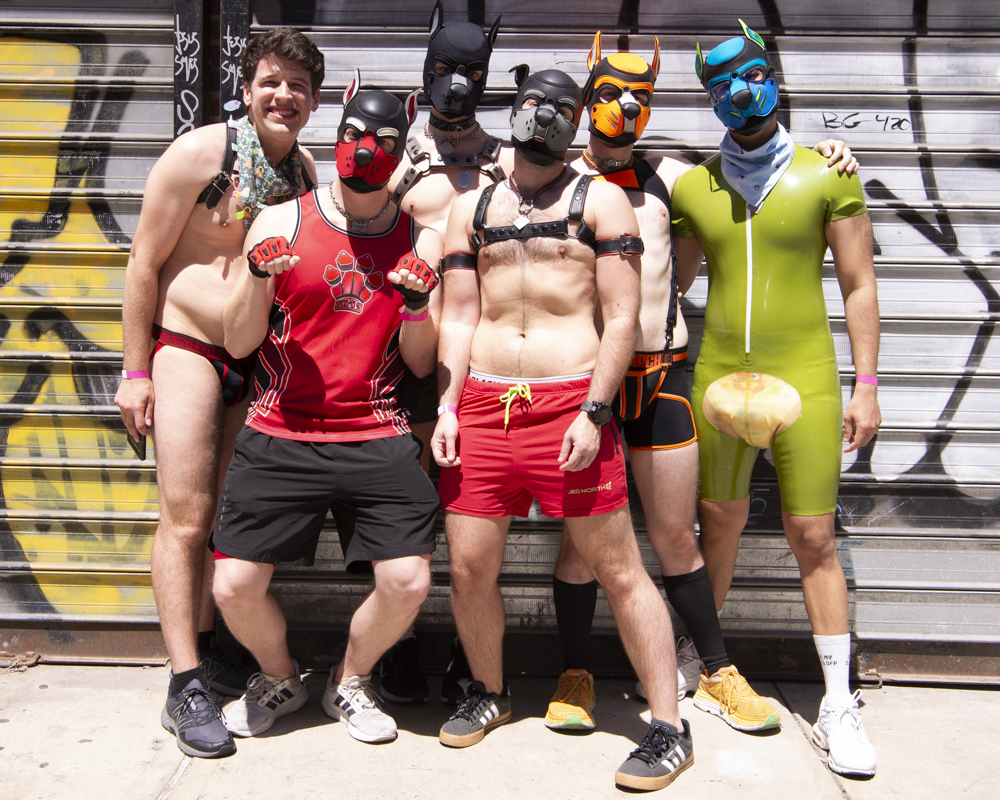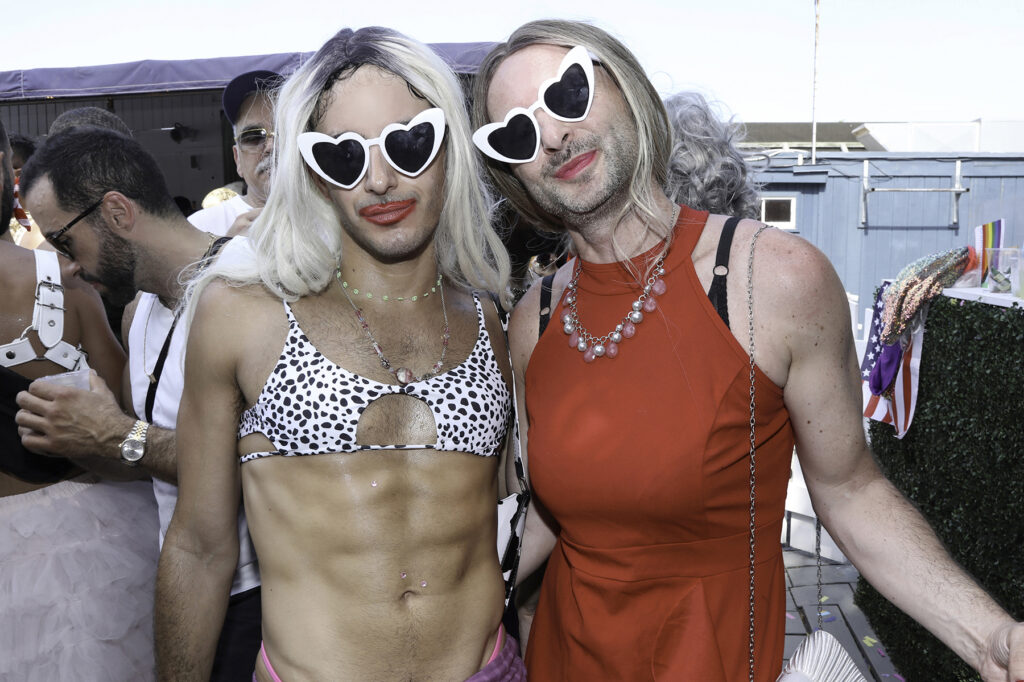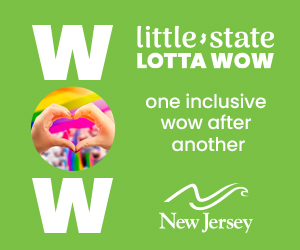Stevie B – Talks Career and New Single, “Take It All Back”
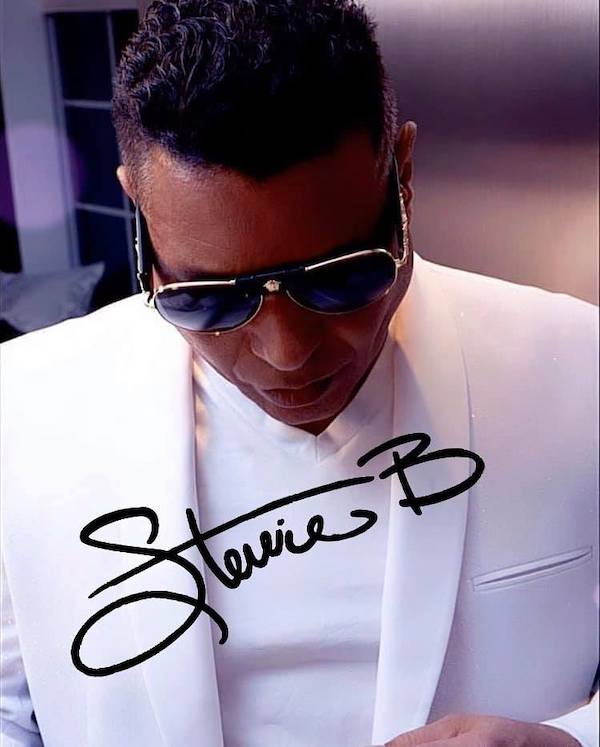 A new era of dance music was born when Miami native Stevie B’s first independently released single, “Party Your Body”, hit South Florida’s glittering club scene in 1987. After years spent paying his dues doing everything from mowing lawns to washing cars, Stevie B’s skills as a writer, producer and performer thrust him into the pop spotlight. “Party Your Body” worked its way across America, eventually selling over 200,000 copies, an amazing achievement for an independently released single. This success paved the way for Stevie’s debut album, also called Party Your Body. The album gave birth to two more hit singles, “Dreamin’ of Love” and “Spring Love (Come Back To Me)”, which propelled the album to RIAA Platinum status.
A new era of dance music was born when Miami native Stevie B’s first independently released single, “Party Your Body”, hit South Florida’s glittering club scene in 1987. After years spent paying his dues doing everything from mowing lawns to washing cars, Stevie B’s skills as a writer, producer and performer thrust him into the pop spotlight. “Party Your Body” worked its way across America, eventually selling over 200,000 copies, an amazing achievement for an independently released single. This success paved the way for Stevie’s debut album, also called Party Your Body. The album gave birth to two more hit singles, “Dreamin’ of Love” and “Spring Love (Come Back To Me)”, which propelled the album to RIAA Platinum status.
In 1989, Stevie B’s sophomore effort, In My Eyes, showed him growing as an artist, the album taking on a much more sophisticated flavor. In addition to his trademark dance songs, the album also featured smooth and soulful ballads and giddy pop tunes. “I Wanna Be The One” solidified Stevie’s crossover into the pop market, as the song rose into the Billboard Top 40. However, it was the power ballad “Love Me For Life” that took Stevie all the way into the Top 10 and made him the artist with the highest debuting song in the history of R&R magazine. Like it’s predecessor, In My Eyes went on to RIAA Platinum status, setting the stage for Stevie B to become a household name worldwide.
Though the record debuted in the Top 10, Love & Emotion was released in 1990 to little fanfare. In fact, it was largely ignored until radio stations began getting barraged with requests for “that song about the postman.” That song, of course, was “Because I Love You (The Postman Song)” and it would be a highlight and pinnacle for Stevie B, taking the number one spot on Billboard and remaining there for four consecutive weeks. Love & Emotion also garnered RIAA Platinum status. Stevie B’s career has been a whirlwind of success, with three RIAA Platinum albums containing a total of 13 Top 40 dance and/or pop singles and one classic #1 hit. From heart-stopping ballads to hip-shaking dance songs, Stevie B does it all, and his new hit single, “Take It All Back”, will surely put him back on the charts, as it is going to be burning up the airwaves and clubs all around the world.
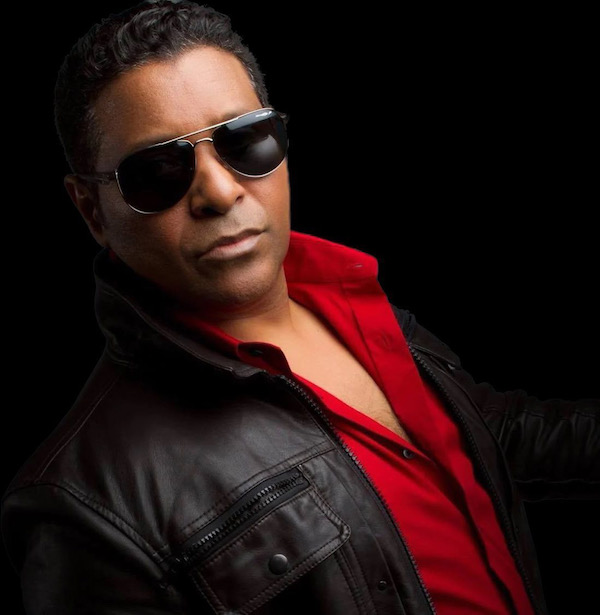
Interview
Hello, Stevie. Is there a moment you can recall that changed the entire trajectory of your life?
I think that’s when I met Tolga. He was my producer at the time of “Party Your Body.” He was producing stuff already, but when I met him, it changed the trajectory of how I recorded music. He taught me how to do it electronically, when nobody else was doing it. He was doing stuff that was so amazing on the computer already. And all the analog boys thought it was just going to be a fad. I was like, “No, it’s not.” The moment that we met at this record pool, there was magic. I went and showed him my studio. He had a little studio in his girlfriend’s apartment or something. I said, “I’ve got a nice studio over in Fort Lauderdale. You need to come see it.” He saw it and in hours, everything was set up. Ever since then, it was magic. And that’s where that album was created. I wrote the song, but the production was just next level. That changed the trajectory of how I was going to do music, and I have been doing it for the last 35 years.
My favorite song on the planet is “Spring Love.”
It has superseded everything. It didn’t fare very well at radio at the time. It wasn’t the one that did the most radio damage. “Because I Love You” is the one that did that. But as far as a cult classic globally, by far “Spring Love” is the winner. I almost didn’t get that record because I was trying to give it away. When I first wrote it, I was trying to write it as a duet, and thank God that the manager of this girl that I was trying to get to record it hated it.
What inspired you to release the new single, “Take It All Back”, now?
“Take It All Back” has been a theme for me for quite some time. To try come up with an idea that’ll be useful, relevant and something cool. How do you do that? The idea was that everyone misses the old school days. They miss all that stuff. So, I thought, “Well, what if I throw all of that in a pot?” Just talking about it now and then slipping in a few little nostalgia clips like I did with “Party Your Body” and “Spring Love”. Then, of course, you’ve got to have a cool ass beat.
You’ve got to have a cool melody. And then you’ve got to have somebody that knows how to sing a little bit and try to come up with something cool. I think that the fusion worked out pretty well. The idea had been on my mind for a long time. I just had to figure out how to execute it.
It has the power to bring back freestyle, which I hope it does.
You know, that’s a big basket to haul, to try to bring back a genre. It would be great to see something like that happen. I would more so like to see it as, “Hey, it’s Stevie B” and I’m not just a freestyle artist. I have ballads and all kinds of music. I can fit right in with Lizzo and anybody else.
Rihanna is not looked at as old school, but she’s been around quite a while. But when she puts out a song, they don’t say, “Oh, let’s try to bring back Rihanna.” Rihanna is just a continuation of what she was when she started. So, hopefully, they could start looking at Stevie B that way and say, “Look, this is just a guy that’s continuing what you knew about him a long time ago. Making hit records.”
Have you had your ultimate stage fantasy yet?
Yeah, the first day I hit the stage and people liked it. That’s a loaded question because the first day this guy hit the stage and made people smile, I thought, “Hey, I might be on to something here.” And it worked out well. People liked it and they’ve been liking it ever since. As long as they like it, I’m going to continue to do it.
People love you. You have that angelic voice. You are a powerful singer as well. What was it like the first time you ever heard one of your songs on the radio? Where were you?
Miami had already broke us. Power 96 made us and then made us unstoppable. It’s incredible when you make it in your hometown. But when you go to New York. I always say, “If you can make it in New York, you can make it anywhere.” I go to New York. And I think it was Hot 103°. I get to the hotel and all of a sudden, “Party Your Body” comes on, and I mean I was jumping around that hotel like oh man, you don’t even want to know. That’s a big deal. You’re in New York and the first record that came on was “Party Your Body.” It was an amazing feeling, and it’s one of those feelings that you never, ever forget.
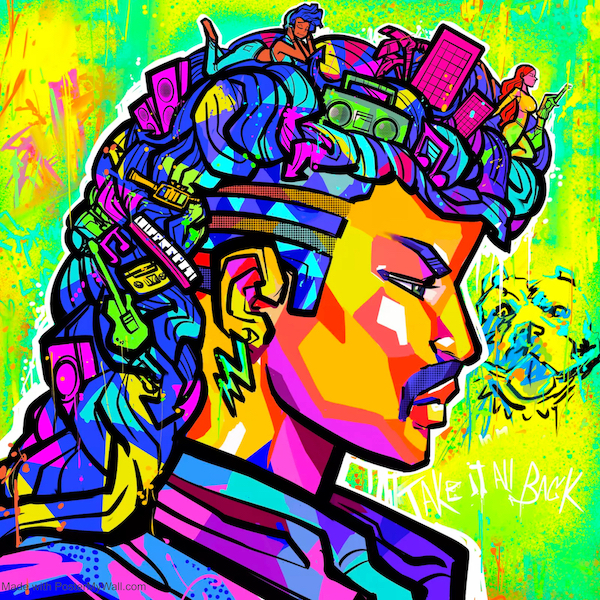
Now, when this song starts to be all over the radio, do you think you’re going to have the same feeling? Or is it old already?
No, it really is not old. Because I haven’t had anything new on the radio in many, many, years. Probably since “Dream About You” or “Waiting For Your Love” back in 1995 or ‘96. When I dropped the Funky Melody album. We had a little top 40 record and it did very good. It’s been about 25 years since I’ve had anything relative on the radio. And I think I would get that feeling, let me tell you.
I have a weird question, but it’s going to help me. You know freestyle did not last all that long. I wish it was on the radio still. The music was so good and so dynamic and so fun. Why do you think it only lasted three years?
There were a lot of elements. And that’s a documentary within itself. Freestyle started with independent, no name Puerto Ricans, Dominicans and no identity people. It was a way that we could get into the music business very cheaply. It started amongst Puerto Ricans and Dominican people in New York and Miami. And it didn’t have very much money flowing with it, and then all of a sudden, it “went viral”–if that’s a word that I could use for that time.
Radio stations were astounded, and then all of a sudden, it gets on the mix shows. That’s where it started–mix shows, skating rinks, the little teenage clubs. Nobody was commanding that. Nobody and no corporations were dominating it. And then, all of a sudden, it gets in the mix shows with DJs who loved us and it started to get more requests than the stuff that they were playing. Then, from a corporate level, we started to interfere with Meat Loaf, Bette Midler, Elton John and Poison. All those rock groups who were dominating top 100. We were interfering with people’s money. Major record companies and major independents had a lot of money invested in those projects.
So, all of a sudden,here come these little whippersnappers, and it happens every generation. They started to attract the teenagers and when we attracted the teenagers, it was over. Then it was up to the major independents to either sign us or they have to buy us and show us, and a little bit of both happened. It wouldn’t take very much. If I’m costing you a hundred, maybe 200 million a year, I can go spend 10 or 20 million just to put it to sleep. All those rock groups at the time never made a comeback like that. After we had our heyday, which was like ‘87, ‘88 maybe by ‘91, it was over. No more money was being spent. Then s***** freestyle started to come out. Nobody wanted to do any more of this type of music because producers couldn’t get money, couldn’t get paid. Artists couldn’t get money. So, a lot of the cheesy freestyle started to come out in droves. A lot of it. And it wasn’t radio worthy. And then a new thing came in, and remember, we had our heyday, we had our day in the sun. All of a sudden, MC Hammer and all of that in ‘92, hip hop, Will Smith and all of them came along, and at that time, I was a little bit too dark for the pop radio stations. VH1, MTV, they wouldn’t play me. Even when I had the number one record on Billboard for four weeks in a row. They weren’t letting that in just yet. And then, all of a sudden, MTV and MTV Raps came. They started playing the Hammers and then what happened was we weren’t black enough. We weren’t hardcore enough. We were a little bit too soft. So, Freestyle got put to sleep. And then you saw the new stuff come in around 1992-’93. And it was pretty much over for us at that time. So that’s pretty much what happened to us, and it never caught on again.
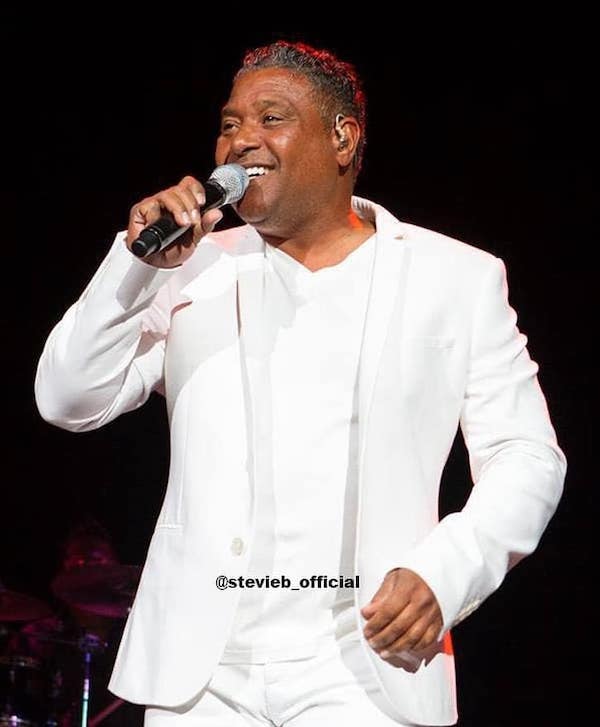 If you could have me ask you any question on the planet, what would it be?
If you could have me ask you any question on the planet, what would it be?
It wouldn’t just be one thing I think you’ve asked all the relative relevant questions. I don’t think I really have one particular question that you could ask me. Maybe just how am I doing?
Okay, how are you doing?
I am maintaining. It gets a little tougher out here every year. To try to prove to people that you’re still an item to be dealt with. Musically, creatively. Going live and to try to survive as an entrepreneur. The revenue streams are completely different now. These kids, they’re not just millionaires now, they’re hundreds of millions and billionaires–that’s the new focus. So, what I would want to do is try to get into that viral flow that is catapulting some of these youngsters into mega successes. I didn’t ever reach the mega success, and before I leave this planet, I’m going to get it.
Watch the “Take It All Back” (DJ Sama Remix) lyric video produced by Tolga Katas here: youtu.be/69bMbE2VxMg
Don’t Miss the Freestylin With Stevie B Podcast Hosted by DJ Sama Fridays at 7 PM ET at www.facebook.com/steviebmusic and https://www.facebook.com/steviebent
Follow Stevie B on the web:
Official Website: www.steviebmusic.com
Youtube: youtu.be/69bMbE2VxMg
Facebook: www.facebook.com/steviebmusic
Spotify: open.spotify.com/artist/6V7pNWhlJpD0s0bMdB1PU9

